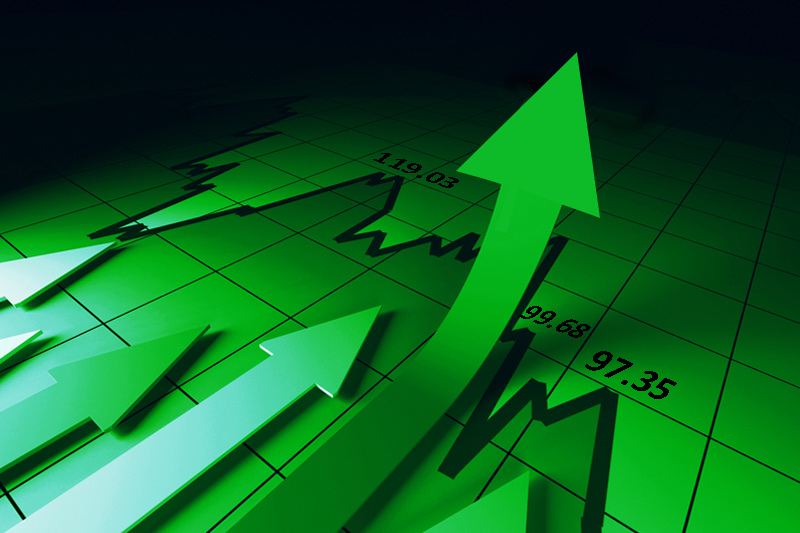Investing.com – The euro advanced to a 10-month high against the broadly weaker yen on Wednesday, as hawkish comments by officials from the European Central Bank contrasted with Japan's loose monetary policy stance.
EUR/JPY hit 117.28 during European late afternoon trade, the pair’s highest since May 13, 2010; the pair subsequently consolidated at 116.70, gaining 0.26%.
The pair was likely to find support at 114.79, Tuesday’s low and resistance at 118.71, the high of May 13, 2010.
The euro has been boosted by expectations the ECB will raise rates in April, while ongoing concerns over the regions sovereign debt crisis looked increasingly unlikely to weaken the currency in the longer term.
On Tuesday, ECB Governing Council member Jozef Makuch, said the bank was "highly" likely to raise its main interest rate from the current record low level of 1.0% next month.
Meanwhile, the yen has been hit by expectations that the massive earthquake on March 11 and ongoing worries over the crippled Fukushima Daiichi nuclear power plant could force the Bank of Japan to hold rates at ultra-low levels to support the world's third-largest economy as it recovers from the effects of the earthquake.
The euro was also higher against the Swiss franc, with EUR/CHF climbing 0.30% to hit 1.3023.
Earlier Wednesday, the KOF Economic Research Agency said Switzerland’s leading economic barometer climbed unexpectedly in March, rising for the second consecutive month.
The report said that “the year-on-year growth rate of Swiss gross domestic product should remain positive and even exhibit some increasing momentum.”
EUR/JPY hit 117.28 during European late afternoon trade, the pair’s highest since May 13, 2010; the pair subsequently consolidated at 116.70, gaining 0.26%.
The pair was likely to find support at 114.79, Tuesday’s low and resistance at 118.71, the high of May 13, 2010.
The euro has been boosted by expectations the ECB will raise rates in April, while ongoing concerns over the regions sovereign debt crisis looked increasingly unlikely to weaken the currency in the longer term.
On Tuesday, ECB Governing Council member Jozef Makuch, said the bank was "highly" likely to raise its main interest rate from the current record low level of 1.0% next month.
Meanwhile, the yen has been hit by expectations that the massive earthquake on March 11 and ongoing worries over the crippled Fukushima Daiichi nuclear power plant could force the Bank of Japan to hold rates at ultra-low levels to support the world's third-largest economy as it recovers from the effects of the earthquake.
The euro was also higher against the Swiss franc, with EUR/CHF climbing 0.30% to hit 1.3023.
Earlier Wednesday, the KOF Economic Research Agency said Switzerland’s leading economic barometer climbed unexpectedly in March, rising for the second consecutive month.
The report said that “the year-on-year growth rate of Swiss gross domestic product should remain positive and even exhibit some increasing momentum.”
